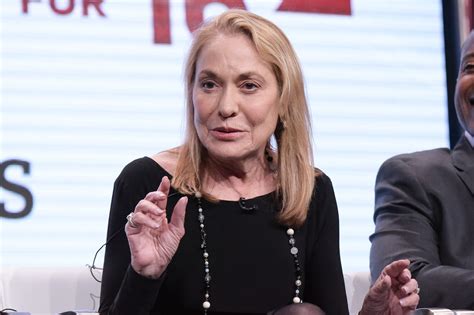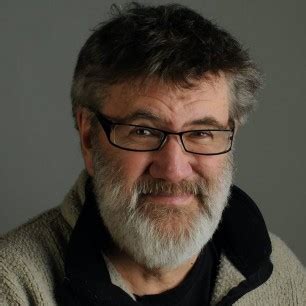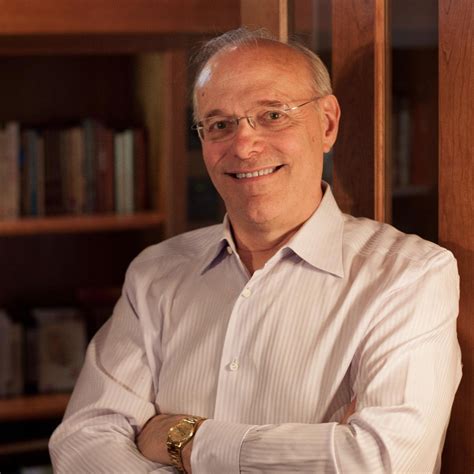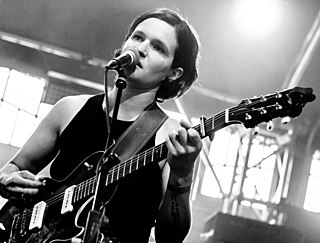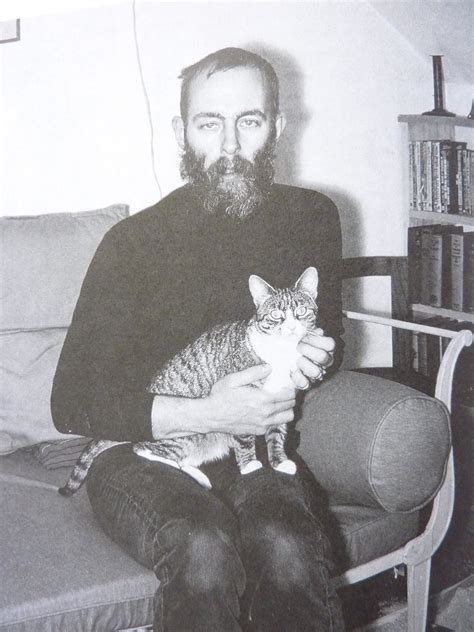A Quote by Andy Serkis
When you have children, you realize that at the end it's all about passing on, about handing down. The process of letting go, not attachment, but appreciating the beauty and value in the change, the transformation.
Related Quotes
Once we see that everything is impermanent and ungraspable and that we create a huge amount of suffering if we are attached to things staying the same, we realize that relaxing and letting go is a wiser way to live. Letting go does not mean not caring about things. It means caring about them in a flexible and wise way.
It’s the ability to bring events and characters to a resolution that draws me to writing, especially writing for children. I don’t want to ever be didactic, but if there’s something I do want to say, it’s that you can bring things around. You can make a change. Adult novels are about letting go. Children’s novels are about getting a grip.
There is no such thing as education. The thing is merely a loose phrase for the passing on to others of whatever truth or virtue we happen to have ourselves. It is typical of our time that the more doubtful we are about the value of philosophy, the more certain we are about the value of education. That is to say, the more doubtful we are about whether we have any truth, the more certain we are (apparently) that we can teach it to our children.
When the only bond between close friends is attachment, then even a minor issue may cause one's projections to change. As soon as our projections change, the attachment disappears, because that attachment was based solely on projection and expectation. It is possible to have compassion without attachment, and similarly, to have anger without hatred.
Beauty consists of its own passing, just as we reach for it. It’s the ephemeral configuration of things in the moment, when you see both their beauty and their death. ...Does this mean that this is how we must live our lives? Constantly poised between beauty and death, between movement and its disappearance? Maybe that’s what being alive is all about: so we can track down those moments that are dying.
I think much of my inspiration comes from nature. I feel alive when I take a long hike with my dog or when I just spend time outdoors, appreciating the beauty of this world. I even feel alive and inspired when I walk through farmers markets appreciating and learning about local fruits and vegetables.
We all end up living secret lives. We create what we are willing to admire and admiring what we shouldn't confess to the secret ofour own sin, our own insufficiency, our own sadness. We all end up taking our secrets into the world and handing them over to strangers, only to realize it's often too late to claim them back. The very nature of time passing is sad beyond words. Memories mean they're gone.
Prayer is not a way to get what we want to happen, like the remote control that comes with the television set. I think that prayer may be less about asking for the things we are attached to than it is about relinquishing our attachments in some way. It can take us beyond fear, which is an attachment, and beyond hope, which is another form of attachment. It can help us remember the nature of the world and the nature of life, not on an intellectual level but in a deep and experiential way. When we pray, we don't change the world, we change ourselves. We change our consciousness.

